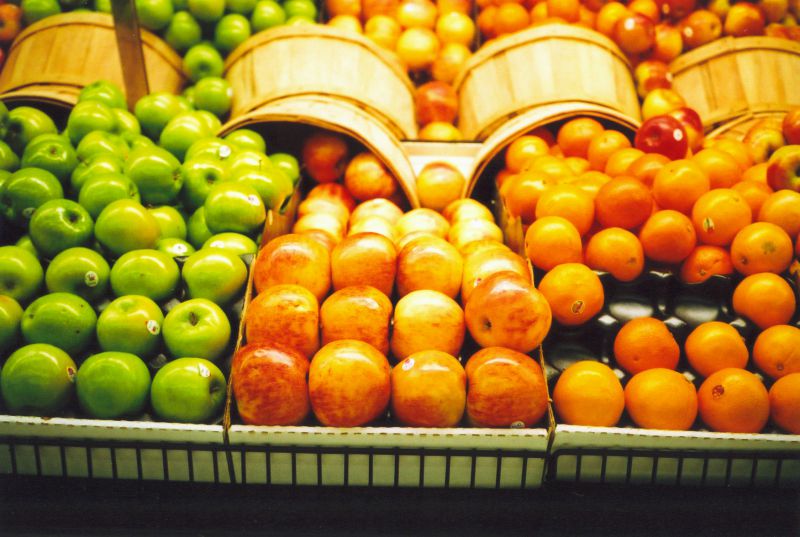Collaboration for Farm Soil and Water Quality Improvements
Published on by Water Network Research, Official research team of The Water Network in Business
Cargill, General Mills, Walmart and several other giant food, agricultural and environmental groups will collaborate in order to improve soil health and water quality on farms.
The idea evolved from a meeting of CEOs that WalMart held two years ago at its Arkansas headquarters. The topic: how the companies could help support agriculture in the Midwest.
 Companies were increasingly making commitments to customers that their products would come from fields or barns where farming is done sustainably with minimal damage to the environment.
Companies were increasingly making commitments to customers that their products would come from fields or barns where farming is done sustainably with minimal damage to the environment.
“More and more consumers want to know where their food came from and what on-farm practices took place in row-crop ag and animal ag,” said Jill Kolling, senior director of sustainability at Cargill and co-chair of the collaborative. “That’s definitely a trend.”
The announcement will call for accelerating field-scale research in three states to reduce fertilizer runoff and groundwater pumping for irrigation.
The participants also will create case studies so that farmers, crop consultants and ag retailers can learn what conservation measures make economic as well as ecological sense in particular geographic areas.
The effort, called the Midwest Row Crop Collaborative, will follow several strategies.
One will raise $4 million over the next five years to assist an initiative already underway in Illinois, Iowa and Nebraska.
The idea is to take knowledge that’s learned on the ground in the three states and use it to “move the needle faster” and expand conservation practices throughout the Midwest, Kolling said.
The collaborative also will create a Sustainable Agriculture Resource Center, to be launched in about a year, where farmers can look at case studies of successful conservation measures near them, including economic information about how healthy soil benefits both their bottom line and natural resources.
The center would also be a resource for consumers to learn more about sustainable farming.
Leaders say the collaborative will initially focus on improving soil health, reducing nitrogen and phosphorus into rivers and streams in the Mississippi River basin, maximizing water conservation to reduce demand on the Ogallala aquifer beneath Nebraska and other states and reducing greenhouse gas emissions.
Mark Tercek, president and CEO of the Nature Conservancy, said in a statement that the collaboration “should lead to significantly ramped-up water conservation in the Midwest,” and that it can potentially “accelerate solutions that match the scale of the challenges we face in the region, such as improving water quality across the Midwest and addressing the dead zone in the Gulf of Mexico.”
The conservancy is another founding member of the collaborative. So are Monsanto, PepsiCo, Kellogg Co., the Environmental Defense Fund and the World Wildlife Fund.
Different groups, including some at the state level, have set goals of having 50 percent of all Nebraska irrigation units maximizing water conservation by 2025, and having 75 percent of row crop acreage in the three states change tillage and other practices to improve soil health.
Source: StarTribune
Media
Taxonomy
- Agriculture
- Irrigation
- Learning & Collaboration
- Food & Beverage
- Agriculture
- Collaborations